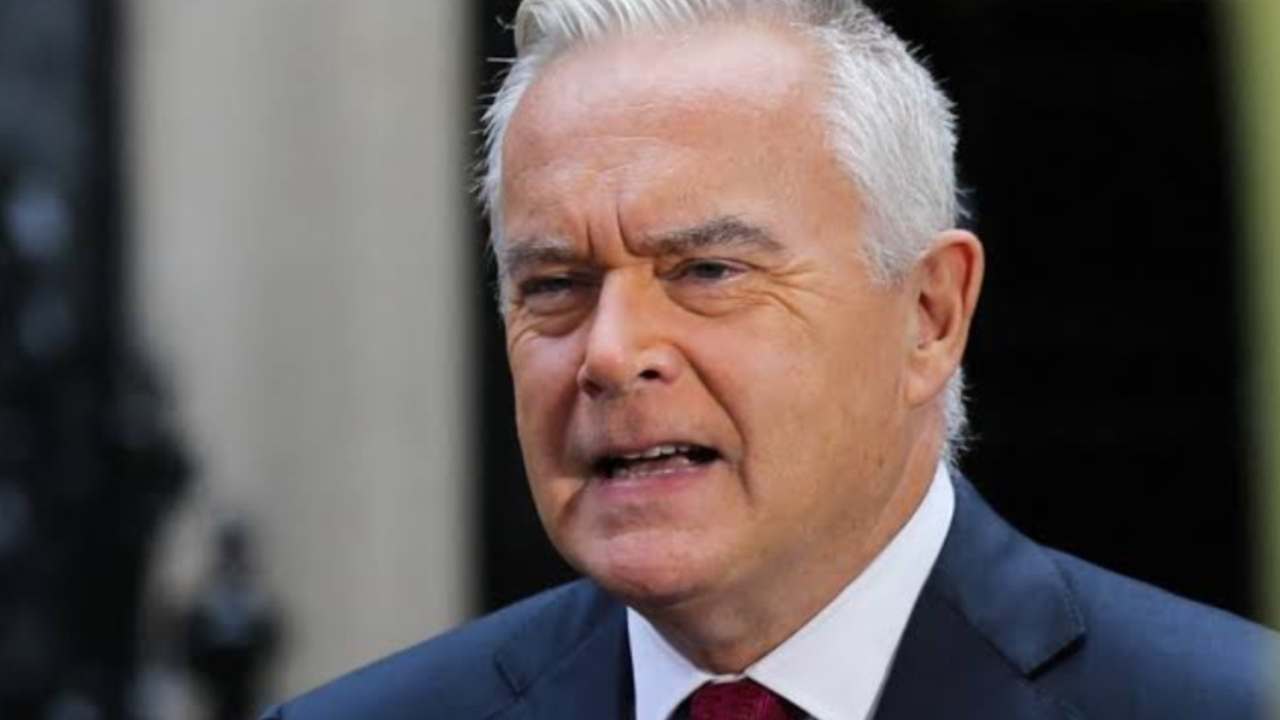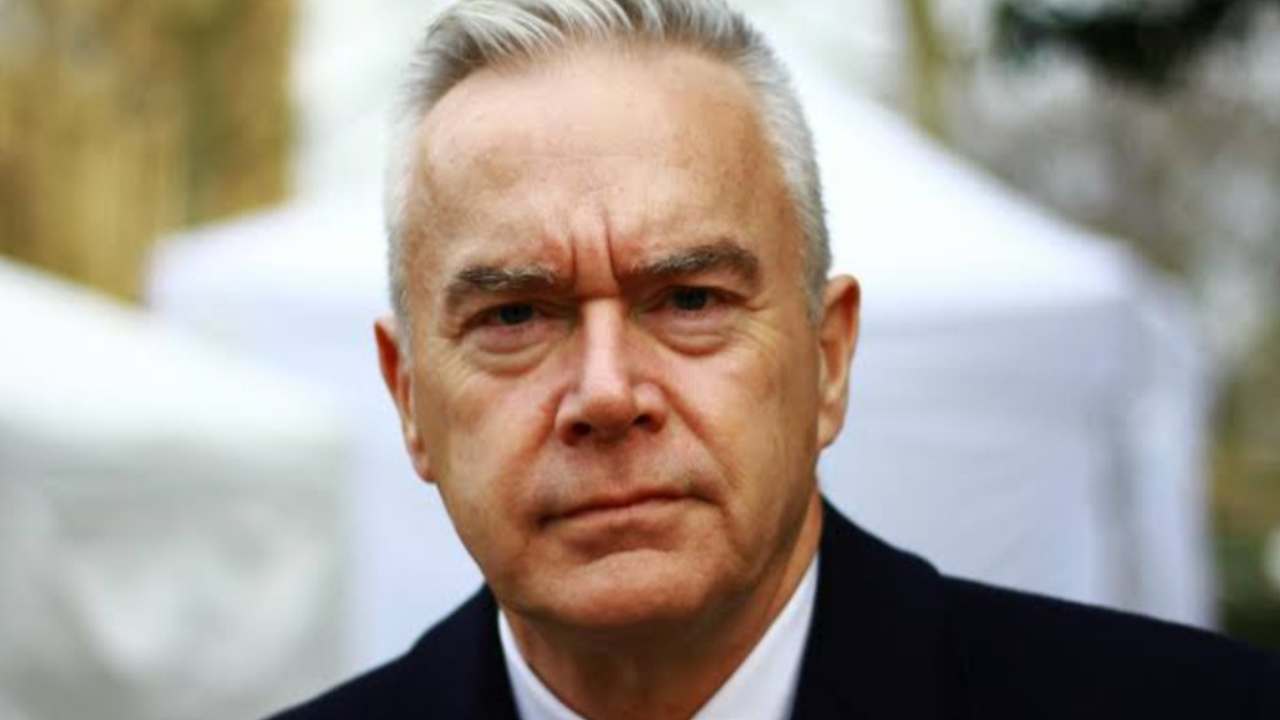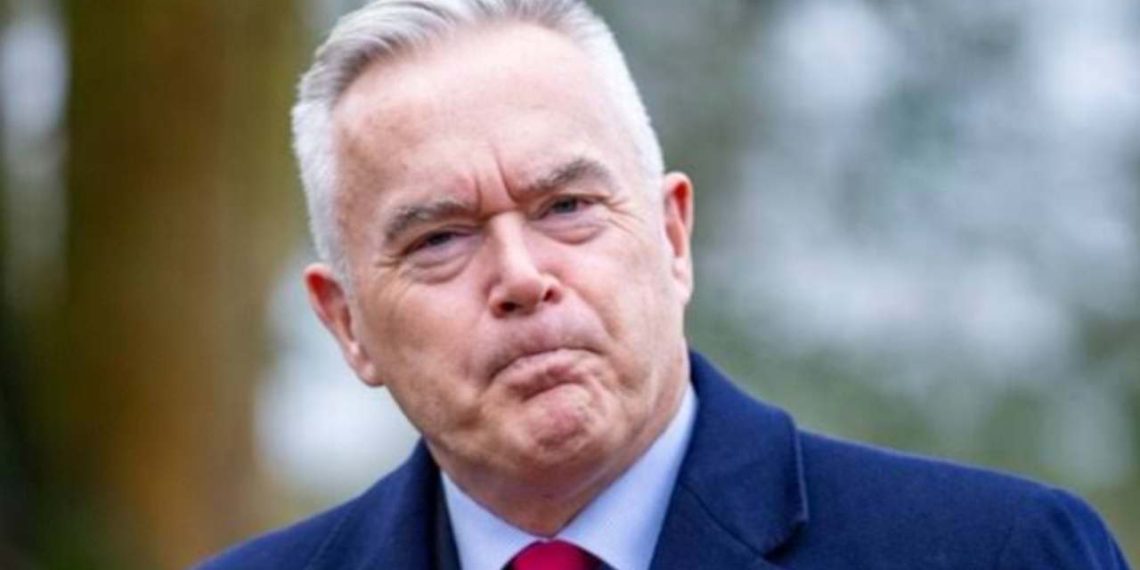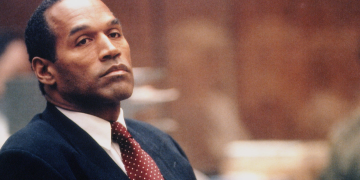The BBC has issued an apology to the parents of a young individual who filed a complaint regarding the suspended BBC presenter Huw Edwards, acknowledging that it should have taken swifter action.
The corporation initiated a review of its complaints procedure following the scandal in July of last year.
Edwards has refrained from making any public statements since being identified as the BBC presenter implicated in a series of allegations, including allegedly paying a 17-year-old for sexually explicit photos over several years since 2020.

The veteran news anchor was identified in a statement released by his wife, revealing that he was grappling with “serious mental health issues.” Following the emergence of the controversy, he underwent inpatient hospital care due to a “serious episode.”
His wife stated that he would address the published stories once he had recovered sufficiently.
On Tuesday, Leigh Tavaziva, BBC group chief operating officer, acknowledged that the report highlighted “specific process shortcomings” in the complaint concerning Edwards. She stated,
“The initial complaint in this case was not escalated quickly enough to senior management, and we have apologized to the complainant for this.”
A separate internal workplace investigation is underway to assess whether Edwards, who helmed the BBC’s News at Ten for two decades and led coverage of significant events like the death of Queen Elizabeth II, has brought the broadcaster into disrepute.
The BBC has announced plans to enhance its procedures for handling non-editorial complaints following a review conducted by Deloitte partner Simon Cuerden.
The review revealed that while the BBC possessed policies, procedures, and expertise for addressing the most serious complaints, there was a pressing need for greater consistency across the organization.
According to the report, the complaint was lodged at a BBC facility in Cardiff on May 18. However, despite efforts by the BBC’s corporate investigations team to reach out to the complainant, the case was not escalated, and it was not logged in the BBC system at the time, resulting in limited visibility of the case within the organization.
Additionally, due to a lack of documented process for communication and follow-ups with the complainant, the appropriate course of action was unclear when initial contact attempts were unsuccessful.
In response, the BBC has implemented a new escalation mechanism to prevent such oversights in the future.
The review also uncovered concerns from some employees who expressed feeling “nervous” about raising complaints. Specifically, they indicated having lower confidence levels in how effectively their grievances would be addressed, especially when the complaint involved another staff member or talent, particularly if there was a perceived power imbalance between the complainant and the subject of the complaint.
The review was initiated following a report, which alleged that “a well-known presenter” had provided over £35,000 to a 20-year-old crack cocaine user since they were 17, in exchange for explicit images.
The parents of the young individual stated that a complaint made to the BBC was disregarded in May of last year. While the BBC acknowledged receiving the complaint in May and having it evaluated by the corporate investigations team, BBC boss Tim Davie noted that at that juncture, there was no “allegation of criminality.”

In July, a lawyer representing the individual, now in their early 20s, conveyed in a letter to the BBC that the allegations were baseless and asserted that “nothing inappropriate” had occurred. The lawyer emphasized,
“For the avoidance of doubt, nothing inappropriate or unlawful has taken place between our client and the BBC personality, and the allegations reported in The Sun newspaper are rubbish.”
The BBC stated that they promptly reached out to the complainant, a family member, via email seeking additional information, but received no response. A follow-up call was attempted on June 6 but was unsuccessful in connecting.
The BBC disclosed that it received “new allegations” on July 6, marking the first instance when the director general or any executive directors were informed of the claims. Consequently, they promptly removed the presenter from air. On July 7, the BBC initiated its serious case management framework (SCMF), and on July 9, the presenter was suspended from duty.





